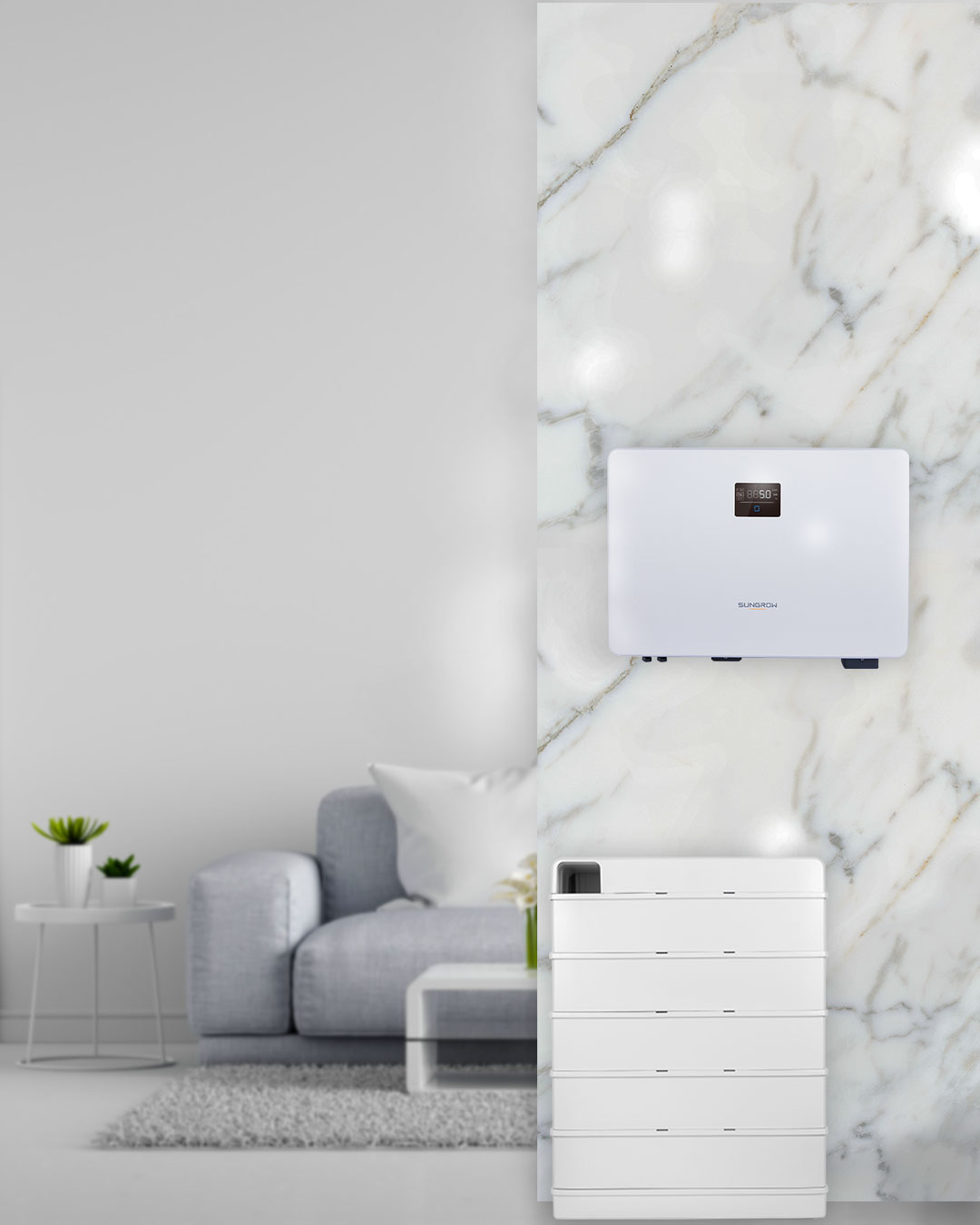With frequent power outages, having an inverter to provide a backup power supply is a standard solution for households. An inverter converts DC electricity from batteries into AC electricity, which can power household appliances during power cuts.
However, the battery size for the inverter plays a significant role in how long it can provide a steady power supply. In this blog post, we’ll explore the factors to consider when determining the appropriate size of an inverter battery.
1. The Power Output of Your Inverter
The first factor to consider is the power output of your inverter. Inverters are available in various sizes, typically ranging from 100 watts to 5000 watts or more. The power output of your inverter will determine how much electricity it can provide at any given time.
2. Duration of Time You Want to Use the Inverter
The second factor is how long you want to use the inverter. If you plan to use the inverter for an extended period, you’ll need a larger battery to ensure that it can provide power for your needs.
3. Specific Energy Requirements of Your Devices
The third factor is the specific energy requirements of the devices you’ll use with the inverter. Different devices have different power requirements, and you’ll need to ensure your battery can provide enough power to meet those needs. For example, a refrigerator may require more power than a laptop computer.
Calculate Battery Size for The Inverter
Are you wondering which battery size will match perfectly with your inverter? Or are you confused about selecting 100Ah, 150AH, or 180Ah battery sizes? Don’t worry; we’ve got you covered.
To calculate the battery size for your inverter, you’ll need to consider the above three factors (Power output, duration of use, and energy requirements) and use the following formula:
Battery Size (in Amp-hours) = (Total Watt-hours ÷ Battery Voltage) × 1.2
The total watt-hours can be calculated by multiplying the total watts for the devices you will need to power through the inverter by the number of hours you plan to use it. For example, you want to use devices with a total of 1000 watts, and plan to use it for 5 hours, the total watt-hours would be 5000. You will therefore require battery power that will provide you with 5000 watts-hours.
The battery voltage will depend on your specific inverter and can typically range from 12 to 48 volts. The 1.2 multiplier in the formula accounts for energy losses during charging and discharging.
Selecting The Right Battery for The Inverter
After determining the appropriate battery size, the next step is to choose an appropriate inverter battery for your home. Here are some factors to consider when selecting a battery for the inverter.
1. Battery Capacity
Simply put, the battery capacity is the amount of energy stored. Choosing a battery with enough capacity to meet your power requirements is essential.
2. Battery Type
Different types of batteries have their advantages and disadvantages. Lead-acid, lithium-ion, and nickel-cadmium batteries are common types.
3. Battery Lifespan
The battery lifespan is essential to consider when choosing an appropriate battery. Choosing a battery with a lifespan that can meet your long-term needs is important.
Wrap Up
Selecting the appropriate battery size for the inverter is essential to ensure a steady and reliable power supply. At Deltec Batteries, we offer a diverse selection of batteries that are suitable for a wide range of inverters. Contact us today to get the perfect battery size for your inverter and ensure uninterrupted power for your home.
Resources
- https://www.tatagreenbattery.com/blog/a-3-step-guide-to-choose-the-right-inverter-inverter-batteries/
- https://www.loomsolar.com/blogs/collections/how-to-calculate-battery-capacity-for-inverter
- https://www.mrright.in/ideas/appliances/inverter/how-to-choose-the-right-inverter-battery-for-your-home/
- https://whatsizebro.com/what-size-battery-do-i-need-for-a-1000w-inverter/
- https://www.solarempower.com/blog/how-to-calculate-solar-panel-battery-and-inverter-size/

